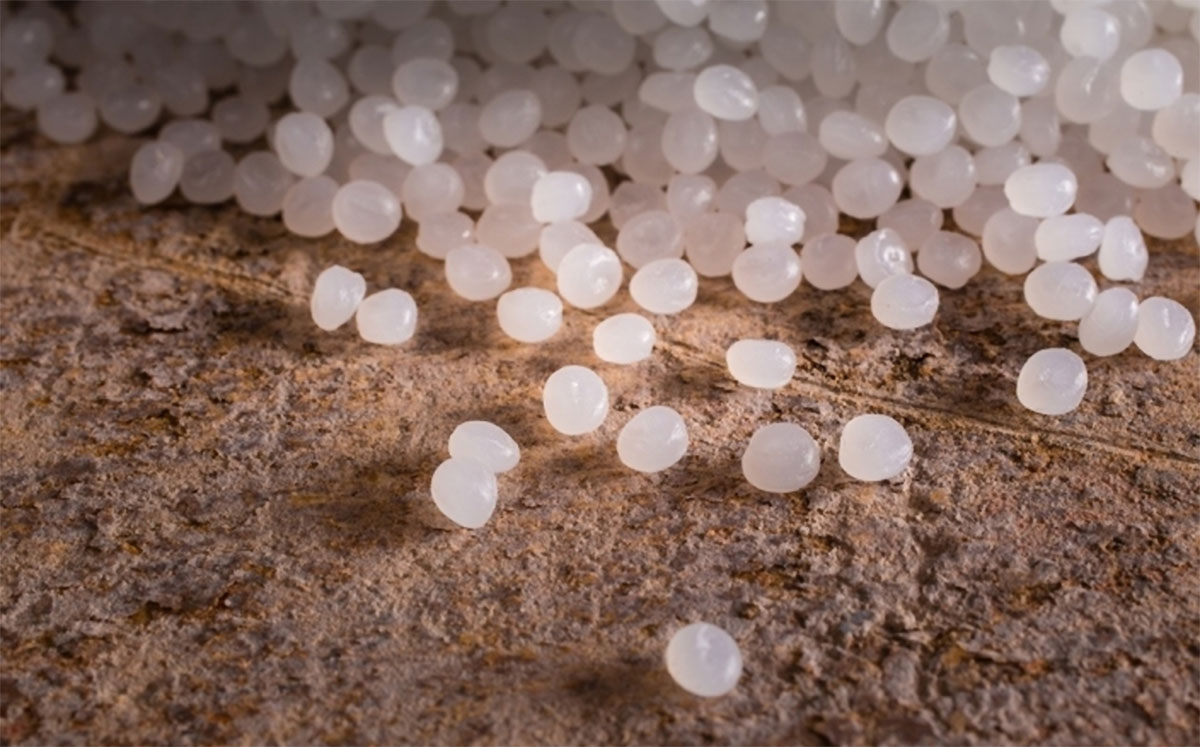Stereocomplex PLA is a material with long, regularly interlocking polymer chains. According to Total Corbion, based in the Netherlands, the proprietary technology will enable PLA applications able to withstand temperatures close to 200°C (HDT-A).
The new technology enables stereocomplex PLA – a material with long, regularly interlocking polymer chains that enable an even higher heat resistance than standard PLA. This breakthrough in PLA temperature resistance unlocks a range of new application possibilities, and provides a biobased replacement for PBT and PA glass fiber reinforced products.
Higher biobased content
For example, injection molded applications for under-the-hood automotive components can now be made from glass fiber reinforced stereocomplex PLA, offering both a higher biobased content and a reduced carbon footprint. The technology can offer these same sustainability benefits to the wider automotive, aerospace, electronics, home appliance, marine and construction industries.
‘Over the past decades, the benefits of full stereocomplex PLA have been studied by universities and R&D departments on a laboratory scale’, says Stefan Barot, Senior Business Director Asia Pacific. ‘Now, Total Corbion PLA is the first company to scale up this technology and make it available for a broad range of industrial applications. The technology enables full stereocomplex morphology not only in the lab environment but also in commercial production facilities.’
Total Corbion PLA is now looking for brand owners, converters and compounders that wish to validate and capitalize on this new technology. Samples of glass fiber reinforced stereocomplex PLA will be made available.



